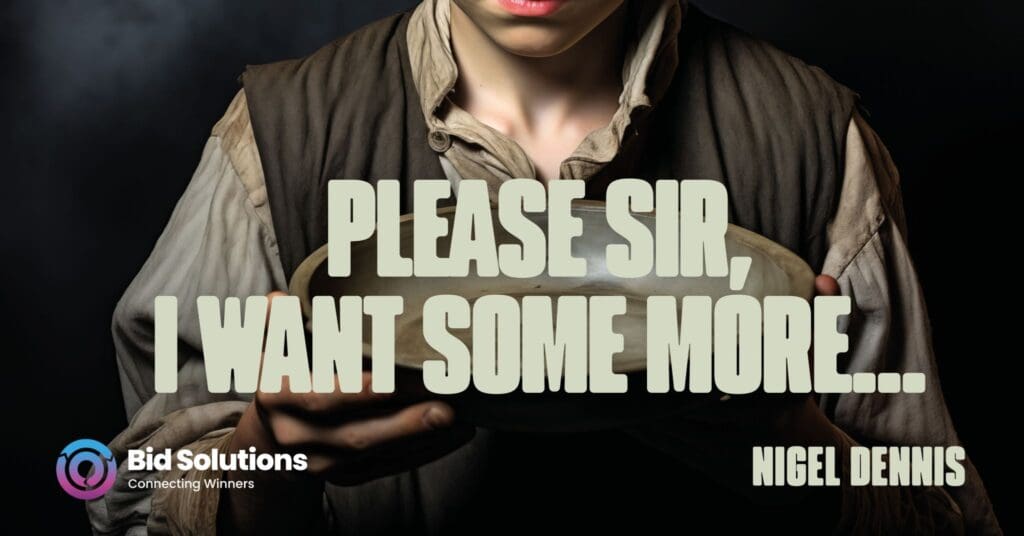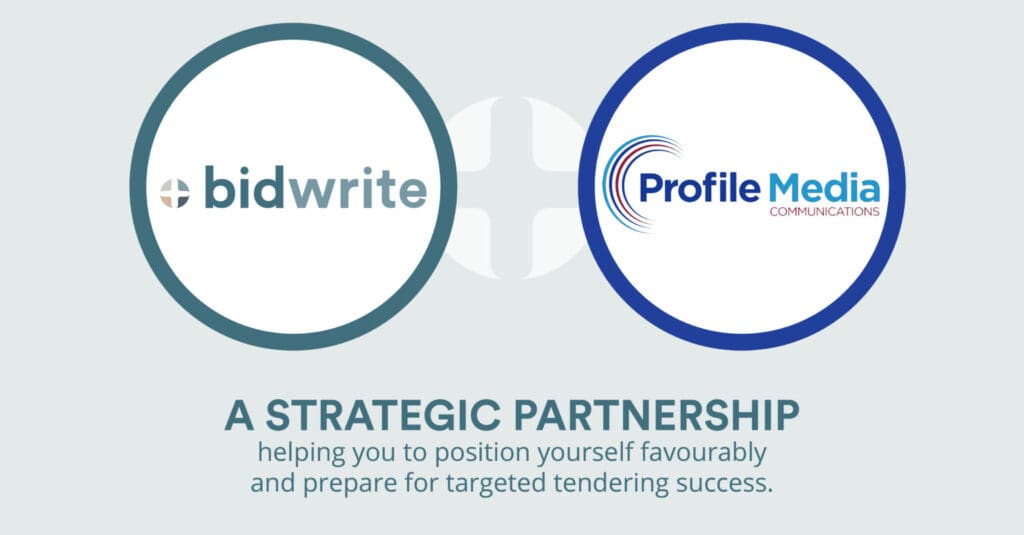A colleague recently reminded me about Esperanto, a planned universal but artificial language. Polish ophthalmologist L.L. Zamenhof created it in 1887 to facilitate communication between people of different languages, countries and cultures in the ultimate hope that it would bring about world peace.
Sadly, with estimates of around 1,000 current native speakers and 30,000 to 180,000 second language speakers, it’s clearly not going to be a global lingua franca any time soon.
The world and the workplace have changed markedly since Esperanto’s inception. More than a century of international travel, immigration and the ever-creeping globalisation of business have blurred previously clear cultural delineations. As such, the world appears smaller with each passing day. What has this taught us? Perhaps there is no longer a cultural us and them, just differing versions of us.
The impact of a smaller world
Australia and New Zealand are both island nations tucked away near the bottom of the world. Despite this, or maybe because of it, our people are known as great travellers. Many of us have been very fortunate to ‘see the world,’ often arriving home with new-found partners. I’m reminded of this daily at BidWrite.
A staff survey (admittedly somewhat unscientific) indicates we principally hold Australian or New Zealand passports but as a team we can lay claim to 17 different cultural influences – either directly or through our nearest and dearest.
This number magnifies quickly when our team works on international bidding projects. By way of an example, we currently have staff working on a truly international bidding project spanning six countries, even more cities and a time zone spread of around 12 hours. As we look ahead to 2022, our bidding pipeline is highlighting even more of the same.
So, although we may be isolated down under, we are not insulated from the rest of the world. As exciting as this is, this type of international bidding work comes with its challenges.
Your culture or mine?
Having spent three decades working in the proposal management profession, much of it teaching others, I’ve seen the strong bonds that exist between bidding professionals. Almost without exception, those who are ‘in the trade’ continue to amaze me. We implicitly understand each other, understand what’s required and professionally go about getting the job done – irrespective of ethnic identity, location, tradition or belief. In that sense, bidding transcends the popular definition of culture.
As a collective of proposal professionals, we have the pleasure of working with like-minded colleagues from all over the world. Through these interactions it’s become clear that most cultural challenges we face are not created by ethnic or geographical differences, but workplace or role-based ones. In my experience, these are the culprits more likely to shatter bidding world peace.
Where it often seems to come unstuck is when our bidding culture bumps into other types of workplace cultures – particularly those that are not well-attuned to the deadline-driven nature of our profession or the exacting standards that underpin sustained success.
As bidding professionals, it’s also necessary for us to quickly form functional and productive relationships with others, each of whom have their own role-based cultures. Boards are busy governing, C-suites are busy managing, sales folk are busy chasing the next deal, and subject matter experts are busy applying their expertise. Each type has their own priorities and established culture, at least to some extent. When these differences are thrust into a bidding pressure cooker, it’s little wonder that challenges sometimes arise here too.
So how do we practically overcome all these challenges in a professional way?
Reinforcing a new type of global culture
In the genuine interests of client-centricity but at the risk of homogenising cultural heritage, I’d like to suggest a new concept – International Bidding Culture (IBC). It has nothing to do with attributes like geography or ethnicity, but everything to do with professional behaviours and values like respect, timeliness, quality, honesty and empathy.
Committed proposal professionals display these qualities in spades. It’s our role to stay committed to reinforcing this culture for those who stand to benefit from it most – the companies we work for, the clients we serve, and of course our profession.
Many would argue we already do a great job of this as a profession. However, I believe the reality is a little murkier, despite best intentions. To a large degree, it’s clients that drive proposal agendas. Accordingly, we often find ourselves having to align with their pace, practices and cultures. While this is necessary, we should never lose sight of our own.
By continually focussing on the specific bidding behaviours and the values that underpin our profession, we express our IBC and elevate our profession further.
The ranks of our profession are already swelling with our eventual replacements. This more universal IBC approach will resonate well with a generation that already takes differences in location, language, ethnic identity and traditions so easily within its stride.
So where does this leave us?
Unlike Esperanto, our profession’s numbers are on the rise. As such, the continued push for the adoption of IBC practices may help create a common language for the many disparate workplace and role-based cultures we meet in bidding. If anyone is to be charged with that responsibility, surely it is us as proposal professionals.
Unfortunately, world peace seems no closer now than when Esperanto was invented. But with the wider adoption of a standardised IBC, bidding world peace might be.
Our thanks to Bid Solutions for inviting BidWrite Director Nigel Dennis to contribute this piece to their latest edition of Bidding Quarterly magazine. You can download the full Issue 12 – ‘The Culture Club’ here.







